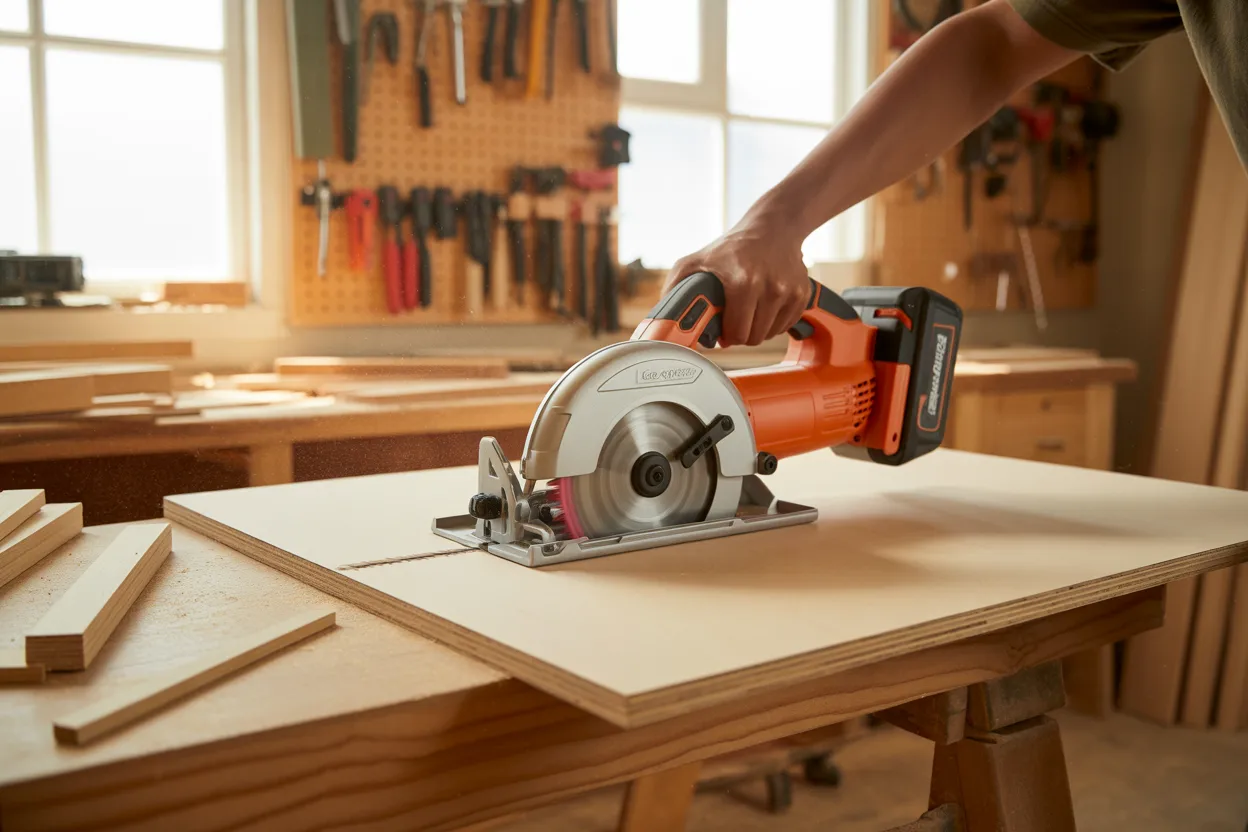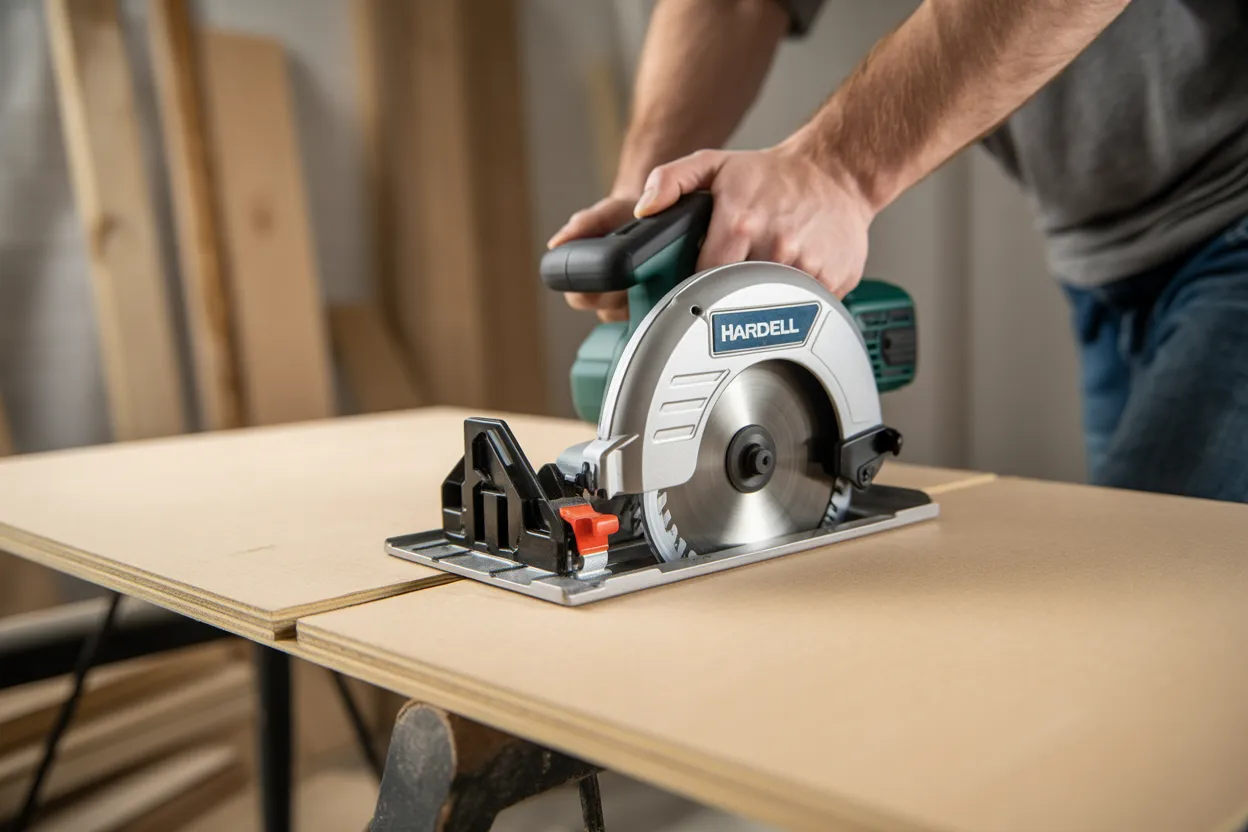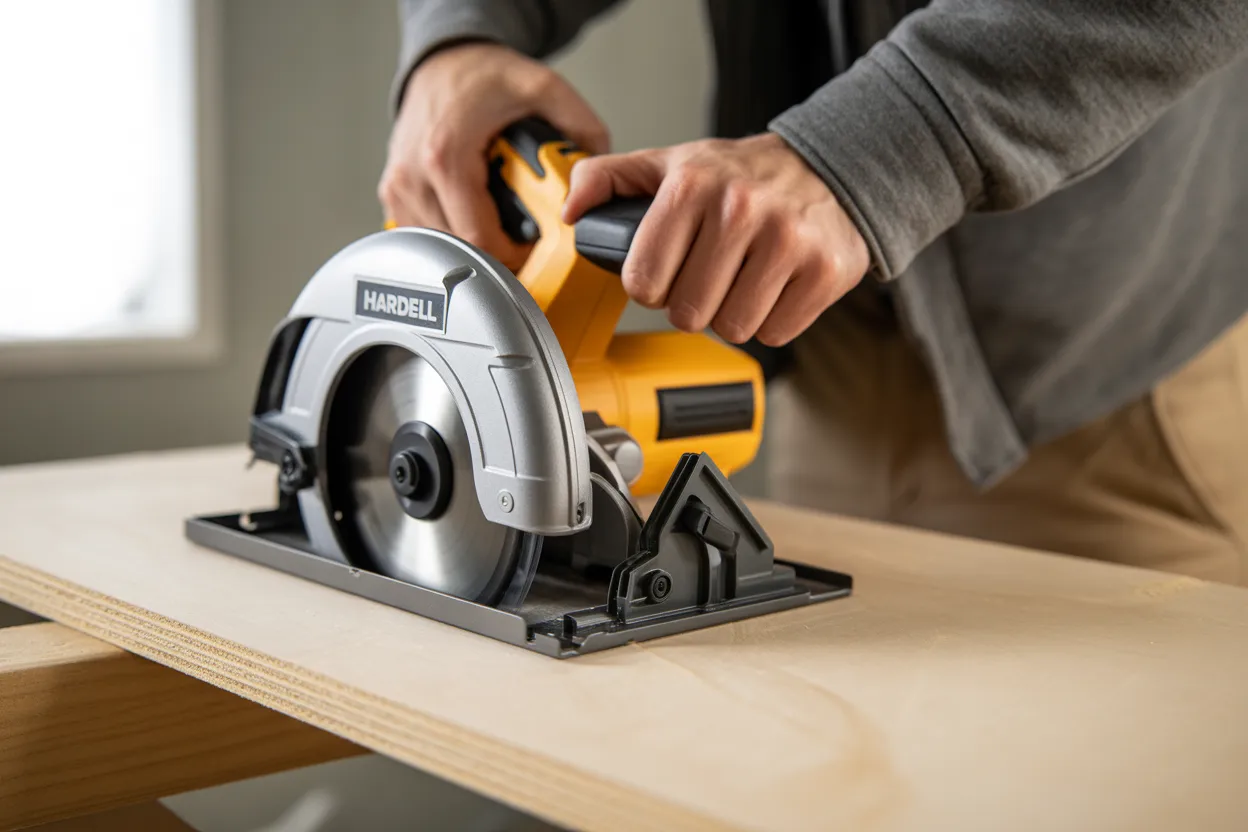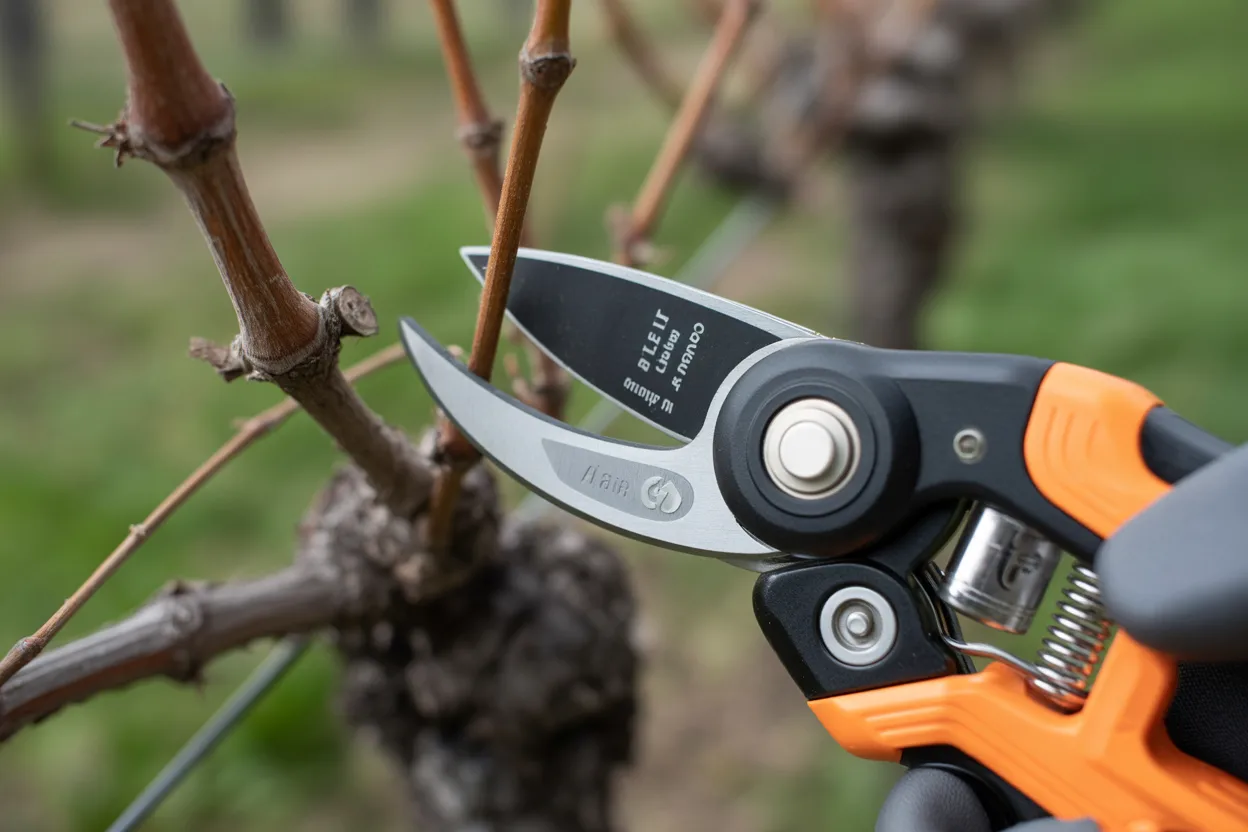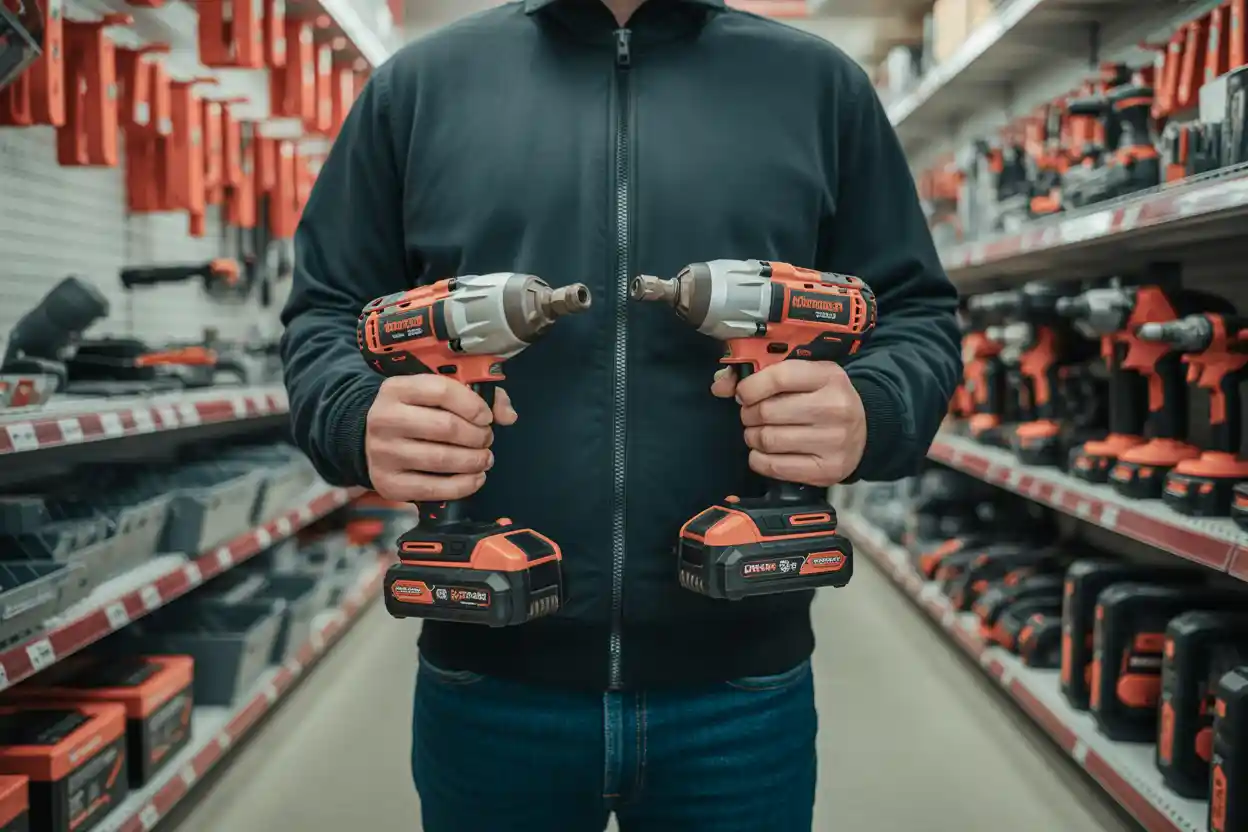
There’s something deeply satisfying about loosening a stubborn bolt with just a click-click-click of a cordless impact wrench1. No air hose, no noise from a compressor—just pure, compact power in your hands. For anyone working with cars, that feeling is hard to beat.
A cordless impact wrench for automotive use delivers strong torque, fast performance, and complete mobility without an air compressor. It’s ideal for mechanics, garages, and DIY car enthusiasts who need efficient power to loosen or tighten wheel nuts, suspension bolts, and engine fasteners.
I’ve used plenty of tools over the years, but few are as liberating as a good cordless impact wrench. Let’s walk through what actually matters when choosing one for automotive work2—because not all of them are created equal.
What size impact wrench do I need for automotive work?
If you’ve ever wondered whether your impact wrench can handle lug nuts or suspension bolts, you’re asking the right question—size truly matters here.
For most automotive work, a 1/2-inch cordless impact wrench is ideal. It offers a balance between power and versatility, handling common tasks like wheel nuts, brake calipers, and engine mounts. Smaller 3/8-inch models suit light-duty jobs, while 3/4-inch tools serve heavy trucks.

Dive deeper: Why 1/2-inch is the mechanic’s go-to
I still remember stripping a stubborn lug nut with an underpowered 3/8” wrench—lesson learned. The 1/2-inch drive has since become my everyday companion in the garage.
It’s the sweet spot for car maintenance: strong enough to remove most bolts, yet compact enough to reach tight spots.
| Drive Size | Typical Torque Range | Common Use |
|---|---|---|
| 1/4" | 50–150 Nm | Electronics, dashboards |
| 3/8" | 100–300 Nm | Light car maintenance |
| 1/2" | 300–800 Nm | Wheels, engines, suspension |
| 3/4" | 800–1,200+ Nm | Trucks, industrial use |
When selecting your size, think about your most common jobs. If it’s mainly passenger cars, go 1/2”.
But if you’re running a professional garage setup, keep a 3/4” in the corner for the heavy stuff. It’s always better to have extra torque than to struggle mid-job.
What is the best cordless impact wrench for cars?
If you work on cars daily—or even just on weekends—you know how much time and frustration a reliable wrench can save.
The best cordless impact wrench for cars combines 400–600 Nm torque, 18V power, and a 1/2" drive. Look for a brushless motor, lightweight design (under 2.5kg), variable speed control, and a lithium-ion battery for long runtime and steady performance.

Dive deeper: What makes one “the best” for cars?
Now, “best” doesn’t always mean the most expensive.
In fact, I’ve seen some mid-range wrenches outperform premium ones just because they fit the user better.
Here’s what I always look for:
- Torque control: Avoid overtightening—especially around aluminum wheels.
- Ergonomics: A well-balanced grip can make hours of work feel effortless.
- LED lighting: Game changer when you’re under a car.
- Battery efficiency: Dual 4.0Ah packs are a lifesaver during busy days.
A model like the YOUWE 18V 1/2” brushless impact wrench nails these points perfectly.
When I tested it on a fleet service project, it lasted through an entire day of wheel changes—no overheating, no slowdown. That’s what reliability feels like.
What NM impact wrench for automotive work?
Let’s talk torque—because numbers can be confusing. What’s too much? What’s enough?
For automotive work, an impact wrench with 400–600 Nm torque handles most car bolts and lug nuts. Compact models with 300 Nm work for light tasks, while 800+ Nm wrenches are used for heavy vehicles or rusted fasteners.

Dive deeper: Matching torque to the task
Think of torque like muscle strength—you need the right amount, not the maximum.
Using too powerful a wrench can damage threads, while too little will waste your time.
| Type of Work | Recommended Torque (Nm) |
|---|---|
| Dashboard or light interior | 100–150 |
| Wheel lug nuts | 400–600 |
| Engine or suspension bolts | 500–700 |
| Truck or industrial bolts | 800–1,200+ |
In my experience, around 500 Nm is the golden number for daily automotive tasks.
That’s why most pros stick with 18V cordless models—they offer just the right balance.
And when you hit that perfect “crack” sound as the bolt loosens? That’s pure satisfaction—almost like music in the workshop.
If you’re sourcing for your own private label tool line, make sure your model offers multiple torque settings. It’s the kind of flexibility that impresses real mechanics.
What is the best impact wrench for mechanics?
Now, let’s get real. Mechanics don’t just need power—they need trust. A tool that performs day after day, without drama.
The best impact wrench for mechanics is a brushless 18V cordless model with 600–1,000 Nm torque, metal gearbox, and dual-speed control. It should include a durable 4.0Ah+ battery, fast charger, and CE certification for professional workshop use.

Dive deeper: Built for the workshop grind
I’ve seen mechanics treat their impact wrenches like family—they’re that essential. The right one can literally define your workflow.
Here’s what separates pro-grade tools:
- Brushless motors for long life and less heat buildup.
- High torque range (600–1,000 Nm) for rusted or oversized bolts.
- Shock-resistant housing to survive daily abuse.
- Battery interchangeability across tool systems (saves cost).
When I work with distributors, I often stress the value of consistency. Mechanics remember brands that don’t let them down. A YOUWE-certified professional-grade cordless wrench fits that need—it’s not just about power, it’s about partnership.
Because when a mechanic trusts their tool, every job gets done smoother, faster, and with less frustration.
Conclusion
A cordless impact wrench for automotive use isn’t just a tool—it’s a workshop partner.
The right one brings freedom, speed, and precision. Whether you’re fixing your own car or running a busy garage, choose power that fits your hands—and torque that fits your work.



